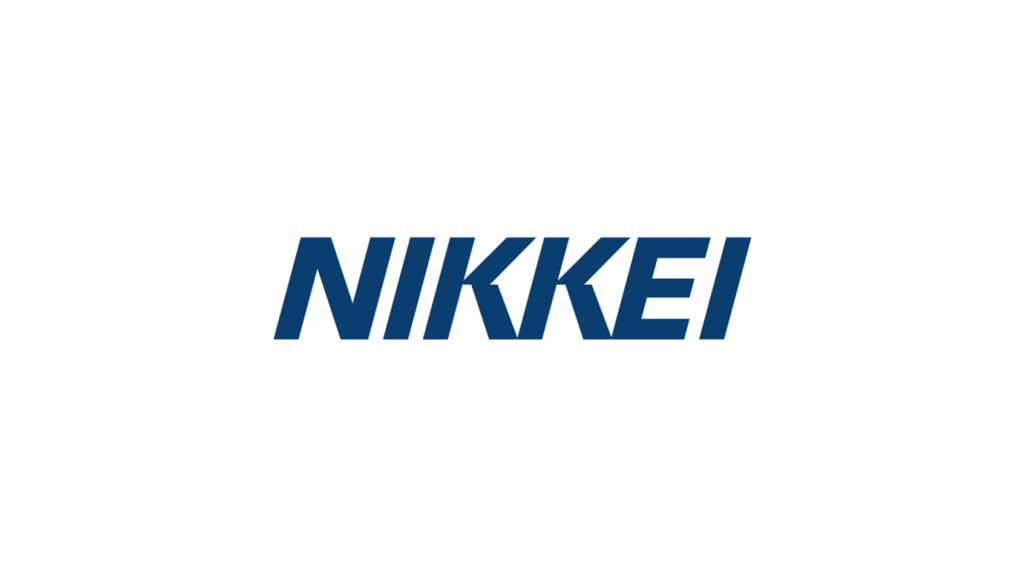
Canada Appeals for International Firefighting Aid
June 09, 2025: Canada has issued an international appeal for firefighting support as wildfires intensify across multiple provinces

March 14, 2022: -Shares in Asia-Pacific slipped in Friday trade, tracking overnight losses on Wall Street as the Russia-Ukraine war continues to keep investors cautious. The Nikkei 225 in Japan decreased 2.05% to close at 25,162.78, shedding some of its nearly 4% gains on Thursday. Shares of conglomerate SoftBank Group came down to 6.21%. The Topix index slipped 1.67% to 1,799.54.
Hong Kong’s Hang Seng index, which fell over 3% earlier, partially recovered but still closed 1.61% lower at 20,553.79. Chinese tech stocks listed in the city declined: Tencent is dropping 4.47%, Alibaba slipped 5.52%, and Meituan plunged 6.1%. The Hang Seng Tech index decreased 4.28% to 4,246.97.
The Shanghai Composite in mainland China is closing 0.41% higher at 3,309.75 while the Shenzhen component increased 0.618% to 12,447.37. Both indexes had decreased over 2% during the session before recovering.
In South Korea, the Kospi dipped 0.71% on the day to 2,661.28. Australia’s S&P/ASX 200 slipped 0.94% to finish its trading day at 7,063.60.
MSCI’s broadest index of Asia-Pacific shares outside Japan Nikkei decreased by 1.28%.
Overnight stateside, the S&P 500 slipped 0.43% to 4,259.52 while the Dow Jones Industrial Average declined 112.18 points to 33,174.07. The Nasdaq Composite shed 0.95% to 13,129.96.
On Thursday, U.S. Treasury Secretary Janet Yellen warned that America is set for another year of “very uncomfortably high” inflation amid the Russia-Ukraine war. Talks amid Russia and Ukraine’s foreign ministers in Turkey on Thursday failed.
Yellen’s remarks came as the ongoing conflict between Russia and Ukraine has led to a surge in commodity prices. Data released on Thursday showed U.S. consumer inflation soaring in February, with the consumer price index for that month rising 7.9% compared to a year ago, the highest level since Jan. 1982.
Oil prices were surging in the afternoon of Asia trading hours, with international benchmark Brent crude futures increased 2.3% to $111.85 per barrel. U.S. crude futures advanced 1.91% to $108.04 per barrel.
We provide the insights on leaders who are responsible for taking their organization to new heights, all the while bringing together a group of talented individuals.

June 09, 2025: Canada has issued an international appeal for firefighting support as wildfires intensify across multiple provinces

May 27, 2025: Air Canada Cuts Five U.S. Routes for Winter 2025–26, Part of Broader Cross-Border Retrenchment

May 26, 2025: Trump Freezes $2.2B in Federal Grants to Harvard Over DEI, Threatens Tax-Exempt Status.

May 14, 2025: Microsoft has announced plans to reduce its global workforce by approximately 3%, affecting roughly 10,000 employees across multiple departments.

May 13, 2025: The Trump administration is considering suspending the constitutional right of habeas corpus in a bid to accelerate mass deportations.

April 29, 2025: Donald Trump’s second term has reached the 100-day mark under sustained public skepticism, with national approval ratings